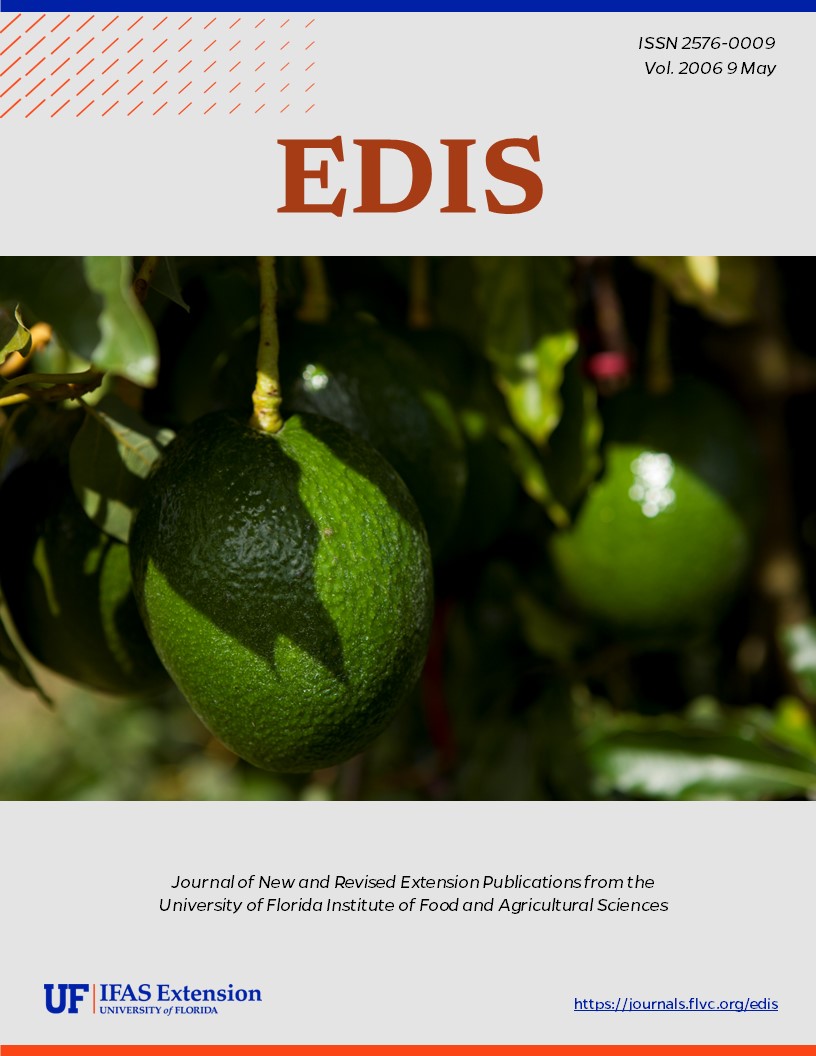Abstract
The objective of this lesson are to identify your own unique personality traits, to accept both compliments and criticism from others in a positive way, to choose one trait to work toward improving and develop a specific plan for improvement, to recognize that you must take risks in order to grow and develop, and to learn to value yourself. This document is FCS9090, one of a series of the Family Youth and Community Sciences Department, UF/IFAS Extension. EDIS publication date May 2006. Reviewed July 2009.
References
Anthony, R. (1979). The Ultimate Secrets of Total Self-Confidence. New York: Berkley Books.
Couch, M., Flynn, J., Gross, P., and Thibodeaux, L. (N.D.) Accepting yourself. In It's Up To Me. Texas A&M University, College Station, Texas: Texas Agricultural Extension Service. (p. 20-37).
Couch, M., Flynn, J., Gross, P., and Thibodeaux, L., (N.D.) Being your self, your best self. In It's Up To Me. Texas A&M Univsity, College Station, Texas: Texas Agricultural Extension Service. (p. 172-189).
"I've Gotta Be Me." 4-H School Enrichment Project. (N.D.). College Station, Texas: Texas Agricultural Extension Service.
McCandless, B.R. (1967). Children: Behavior and Development. New York: Holt, Rinehart and Winston.
Myers-Wells, J.A., Hinkley, K.R., and Reid, W.H. (1984). Encouraging Positive Self-Concepts in Children. West Lafayette, Indiana: Indiana Cooperative Extension Service.
Papilia, D.E., and Olds, S.W. (1982). A Child's World: Infancy Through Adolescence. New York: McGraw Hill.
Satir, V. (1972). Peoplemaking. Palo Alto, California: Science and Behavior Books.

